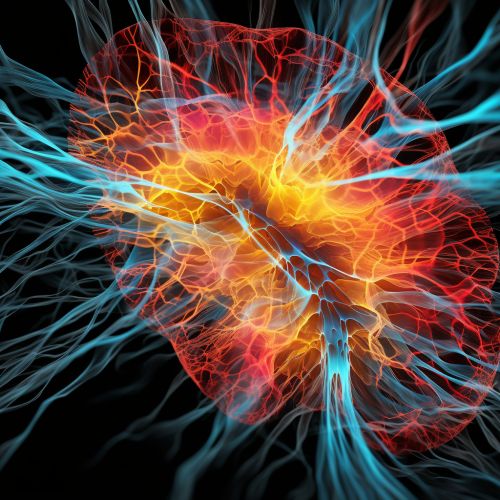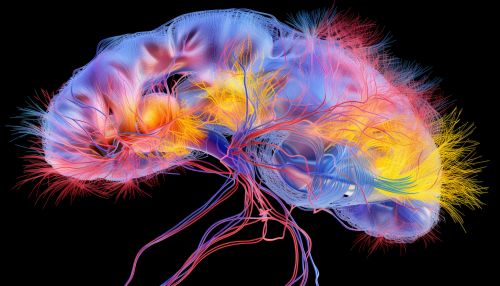Cognitive Mechanisms of Decision Making Under Stress
Introduction
Cognitive mechanisms of decision making under stress encompass a range of cognitive psychological processes and neuroscientific principles. These mechanisms are integral to understanding how individuals make decisions under stressful conditions, with implications across various domains, including psychology, neuroscience, economics, and behavioral science.


Cognitive Processes and Decision Making
Cognitive processes are the mental functions that allow individuals to process information and make decisions. These include perception, attention, memory, and problem solving. Under stress, these cognitive processes can be significantly affected, leading to changes in decision-making behavior.
Perception
Perception is the cognitive process that allows individuals to interpret sensory information. Stress can alter perception by heightening sensitivity to threat-related stimuli and narrowing the focus of attention, a phenomenon known as tunnel vision. This can lead to a bias in decision making, where individuals prioritize immediate threats over long-term considerations.
Attention
Attention is the cognitive process of selectively concentrating on one aspect of the environment while ignoring other things. Stress can affect attention by causing individuals to focus excessively on stress-inducing factors, leading to a decrease in the capacity to attend to other relevant information. This may result in decisions that are overly influenced by the source of stress.
Memory
Memory is the cognitive process that encodes, stores, and retrieves information. Stress can impair memory function, particularly working memory, which is crucial for decision making. Under stress, individuals may struggle to recall relevant information or consider multiple options simultaneously, leading to less optimal decision outcomes.
Problem Solving
Problem solving involves identifying solutions to specific challenges. Stress can hinder problem-solving abilities by promoting rigid thinking and reducing cognitive flexibility. This can cause individuals to rely on habitual responses or make impulsive decisions, even when these may not be the most effective solutions.
Neuroscientific Principles and Decision Making
Neuroscientific principles provide a biological perspective on how stress affects decision making. Key concepts include the roles of the amygdala, prefrontal cortex, and the hypothalamic-pituitary-adrenal (HPA) axis.
Amygdala
The amygdala is a region of the brain involved in emotional processing. Under stress, the amygdala can become hyperactive, leading to heightened emotional responses. This can bias decision making towards emotionally charged options, often at the expense of more rational choices.
Prefrontal Cortex
The prefrontal cortex is involved in executive functions, including decision making. Stress can impair the functioning of the prefrontal cortex, leading to deficits in decision-making abilities. This can result in decisions that are less considered and more impulsive.
Hypothalamic-Pituitary-Adrenal (HPA) Axis
The HPA axis is a major part of the body's stress response system. Activation of the HPA axis leads to the release of stress hormones, which can affect cognitive processes and decision making. Chronic stress can lead to dysregulation of the HPA axis, potentially leading to long-term changes in decision-making behavior.
Conclusion
Understanding the cognitive mechanisms of decision making under stress is crucial for a range of disciplines. It can help predict and explain behavior in stressful situations, inform interventions to improve decision making under stress, and contribute to our understanding of the human mind and behavior.
